Nose Acne
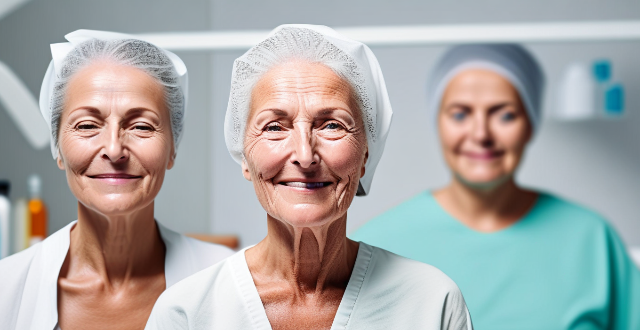
How do I deal with acne and blemishes effectively ?
Acne is a common skin condition that affects millions of people worldwide. Here are some tips on how to deal with it effectively: wash your face regularly, apply a topical treatment, use over-the-counter medications, protect your skin from sun damage, eat a healthy diet, and get enough sleep. If your acne persists despite trying these methods, talk to your doctor about other options such as oral antibiotics or laser therapy.

How do celebrities deal with acne and blemishes ?
Celebrities deal with acne and blemishes through a combination of professional help, skincare routines, lifestyle habits, cosmetic procedures, and makeup artistry. They consult with dermatologists for personalized treatments and advice, work with estheticians for specialized skincare services, and follow strict skincare routines involving cleansing, toning, treatment products, moisturizing, and sun protection. Additionally, they adopt healthy lifestyle habits such as a balanced diet, hydration, and stress management. Cosmetic procedures like fillers, injectables, and microneedling are also used to address acne scars. Finally, skilled makeup artists help cover blemishes and acne marks with non-comedogenic makeup products.

What are the best skincare products for acne-prone skin ?
Acne-prone skin can be challenging to manage, but with the right skincare products, you can effectively control breakouts and improve the overall health of your skin. Here are some of the best skincare products for acne-prone skin: Cleansers: Salicylic acid cleanser is excellent for dissolving excess oil and dead skin cells in pores. Benzoyl peroxide cleanser is a powerful antibacterial agent that kills acne-causing bacteria. Toners: Witch hazel toner tightens pores and reduces inflammation. Tea tree oil toner has antibacterial properties effective against acne-causing bacteria. Moisturizers: Oil-free moisturizer won't clog pores or worsen acne. Gel moisturizers are lightweight and non-greasy, providing hydration without adding extra oil to the skin. Treatments: Retinoids unclog pores, reduce inflammation, and promote cell turnover. Alpha hydroxy acids (AHAs) exfoliate the skin and unclog pores. Sunscreen: Oil-free sunscreen with at least SPF 30 shields the skin from harmful UV rays without clogging pores.
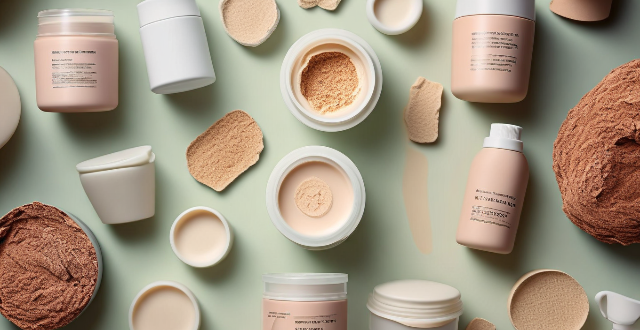
Can wearing a face mask cause skin irritation or acne ?
Wearing a face mask can cause skin irritation or acne due to friction, pressure, heat, moisture buildup, and bacterial growth. To prevent these issues, choose breathable materials, wash your face regularly with gentle cleansers, use oil-free skincare products, change your mask frequently, and consult a dermatologist if necessary.
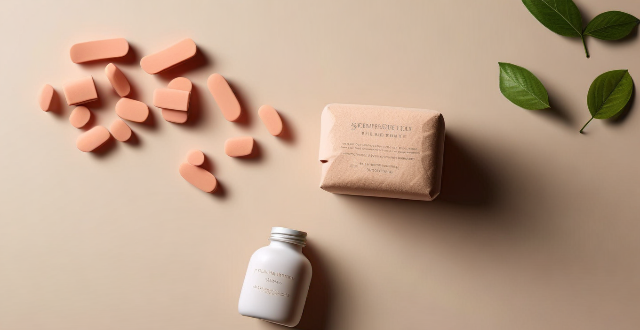
Can you suggest any affordable skincare products loved by celebrities ?
The article discusses affordable skincare products that are loved by celebrities, including Neutrogena Hydro Boost Water Gel, Cetaphil Gentle Skin Cleanser, The Ordinary Niacinamide 10% + Zinc 1%, and La Roche-Posay Effaclar Duo Acne Treatment. These products offer benefits such as intense hydration, gentle cleansing, reducing inflammation, and targeting acne without breaking the bank.

What are the benefits of using a face mask regularly ?
The text provides a summary of the benefits of using a face mask regularly, including improved skin health, anti-aging benefits, acne prevention and treatment, and relaxation and self-care. The improved skin health section discusses the benefits of moisturization, cleansing, nutrient infusion, and brightening effects. The anti-aging benefits section highlights boosting collagen production, fighting free radicals, plumping up fine lines and wrinkles, and improving skin texture. The acne prevention and treatment section covers reducing inflammation, balancing oil production, unclogging pores, promoting healing, and preventing future breakouts. The relaxation and self-care section emphasizes stress relief, aromatherapy benefits, sensory experience, and quality me-time. Overall, the text suggests that incorporating face masks into a regular skincare routine can offer numerous benefits for both physical and mental well-being.

Can poor personal hygiene lead to skin problems ?
Poor personal hygiene can lead to a variety of skin problems, including bacterial and fungal infections, irritation and inflammation, and other conditions. To prevent these issues, it's important to practice good hygiene, such as regular showering, wearing clean clothes, hand washing, moisturizing, and sun protection.

How often should I exfoliate my skin ?
Exfoliation is an important part of maintaining healthy and youthful-looking skin. The frequency of exfoliation depends on your skin type and personal preferences. Here are some general guidelines: 1. For oily or acne-prone skin, it's recommended to exfoliate once or twice a week. This helps to remove excess oil and prevent clogged pores. 2. For normal to dry skin, exfoliating once a week is usually sufficient. However, if you have sensitive skin, you may want to reduce the frequency to every other week or even once a month. 3. For mature or aging skin, exfoliating once or twice a week can help to smooth out fine lines and wrinkles while promoting cell turnover. 4. If you're using a chemical peel or microdermabrasion treatment, follow the instructions provided by your aesthetician or doctor for the appropriate frequency of exfoliation. Remember that over-exfoliating can cause irritation and dryness, so it's important to find the right balance for your skin type. Always test new products on a small area of your face before applying them all over, and always use gentle exfoliants designed specifically for your skin type.
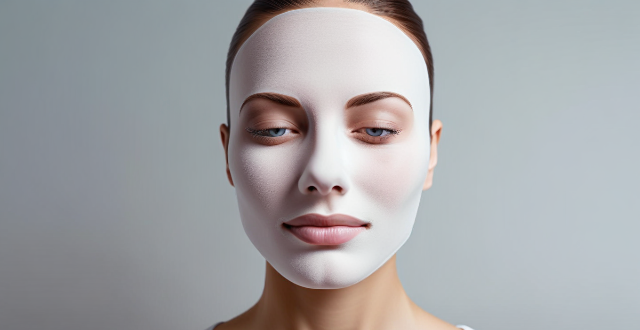
Are there any health risks associated with wearing a face mask for an extended period ?
Wearing a face mask for an extended period can have potential health risks such as skin irritation, difficulty in breathing, reduced oxygen intake, and psychological effects. However, these risks are generally minimal when compared to the benefits of wearing a mask in preventing the spread of infectious diseases. It is important to choose a mask that fits well and is made of breathable materials to minimize any potential health risks.
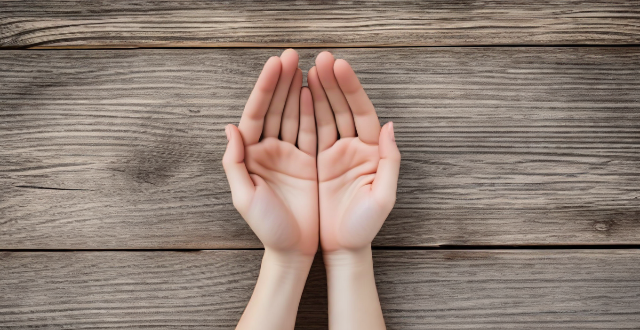
How often should I wash my hands to maintain good hygiene ?
Washing hands is an essential part of maintaining good hygiene. It helps prevent the spread of germs and diseases, especially during these times of COVID-19. Here are some tips on how often you should wash your hands: before eating or preparing food, after using the bathroom, after coughing/sneezing/blowing your nose, before touching someone else's face, and after handling dirty objects. It's important to wash your hands frequently throughout the day to maintain good hygiene and prevent the spread of germs and diseases.

What are the latest trends in non-invasive beauty treatments ?
Non-invasive beauty treatments have grown in popularity as they offer cosmetic enhancements without surgery. Latest trends include microneedling for skin rejuvenation, laser hair removal for long-lasting hair reduction, chemical peels for improved skin texture, ultrasound therapy for boosting collagen production, and LED light therapy for addressing various skin concerns. These treatments cater to different aesthetic needs and are generally well-tolerated with minimal downtime.
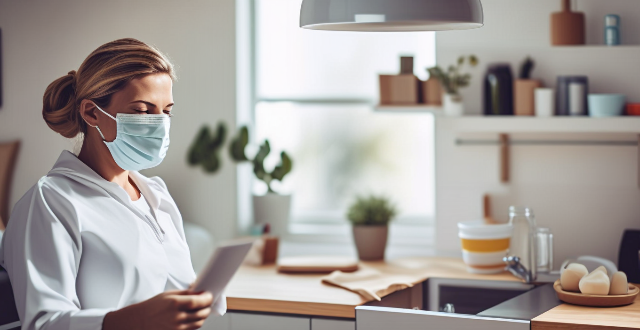
What are some effective ways to practice social distancing in daily life ?
Effective ways to practice social distancing include staying at home as much as possible, keeping a safe distance from others, wearing a mask or face covering in public, washing hands frequently, cleaning and disinfecting high-touch surfaces, and following respiratory etiquette. These practices can help slow the spread of infectious diseases and protect individuals and communities.

What role does hydration play in maintaining healthy skin ?
Hydration plays a crucial role in maintaining healthy skin by moisturizing the skin, regulating body temperature, delivering nutrients to the skin, aiding digestion and detoxification, and boosting immunity. Drinking plenty of water and using moisturizers containing ingredients like hyaluronic acid, glycerin, or ceramides can help keep the skin hydrated and healthy. Proper hydration also supports numerous bodily functions that contribute to overall skin health.
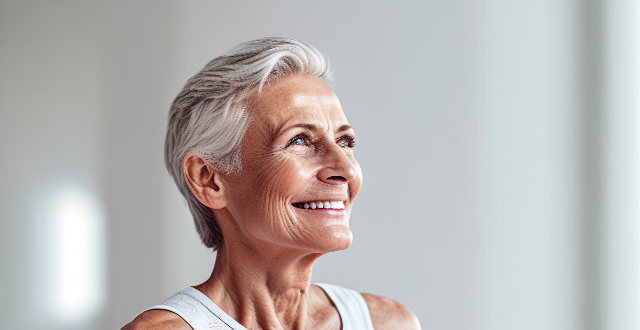
How often do celebrities get facials or other professional treatments ?
Celebrities often rely on regular facials and professional treatments to maintain their youthful appearance. The frequency of these treatments varies based on individual needs, with younger celebrities typically opting for monthly facials and older or those with more pronounced skin concerns requiring weekly or bi-weekly sessions. Advanced treatments like microneedling or laser resurfacing may also be incorporated into their skincare routine. By committing to regular facials and professional treatments, celebrities can address specific skin concerns and maintain their flawless appearance.

How long does it take for symptoms of COVID-19 to appear ?
The incubation period for COVID-19 is 2-14 days, with an average of 5.1 days. Symptoms include fever, cough, shortness of breath, fatigue, loss of taste or smell, runny nose, body aches, sore throat, and nausea. Not everyone who contracts the virus will experience symptoms, and some may only have mild symptoms while others may require hospitalization.